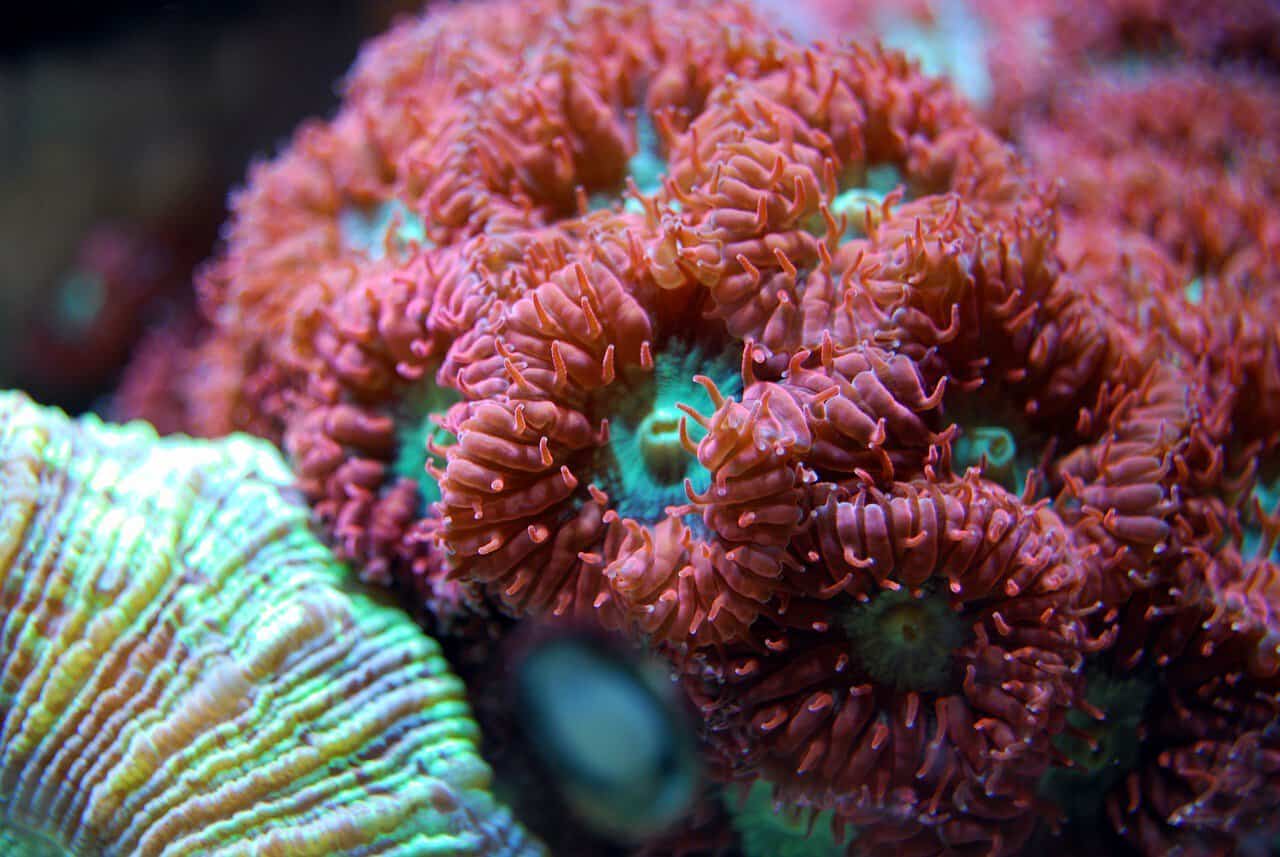In order to protect, restore, and revitalize the marine ecosystems of the Gulf of Nicoya, a total of 1,050 coral fragments have been cultivated on Tortuga Island from June to September. The initiative, led by the State Distance University (UNED) Puntarenas branch and the Nautical Fishing Center of the National Learning Institute (INA), is part of the macro project, “Feasibility of the Ecological Restoration of Coral Reefs in the Gulf of Nicoya through Coral Reef Gardening in 2024.”
This collaborative initiative, called “coral reef gardening,” aims to restore coral reefs, generating significant benefits for the environment, tourism, and the economic vitality of coastal populations. The coral gardening methodology, based on recent scientific research, includes the use of specially designed structures to maximize the growth and survival of transplanted corals.
Among the structures used in coral nurseries (gardening) are spider, clothesline, and tree structures. These are assembled on the seabed by means of anchors, remaining suspended in the water column about 5m/20 feet from the surface.
Rodolfo Vargas, a researcher at INA’s Nautical Fishing Nucleus and a coral reef gardening specialist, emphasized that the technique accelerates coral growth, increasing resilience and enabling maturity in just one year, compared to the natural rate of 2.5 cm annually.
“This effort not only benefits marine biodiversity but also has the potential to transform Isla Tortuga and the surrounding area through a sustainable tourism model,” he said.
He also mentioned that this technique is crucial for restoring coral reefs degraded by anthropogenic or natural factors. Currently, the approximate volume of coral planted on Tortuga Island is 9,745.51 cm³, a positive figure indicating significant recovery of the coral and fish population in the area.
Sedimentation, pollution, and overexploitation of resources are some of the main causes of coral reef degradation in the Gulf of Nicoya. Against this backdrop, reef restoration on Tortuga Island is a crucial step to mitigate these impacts and ensure the health of marine ecosystems for future generations.
Coral reefs are essential for marine biodiversity and coastal protection. In Costa Rica, 77% of these ecosystems face serious threats, mainly due to human activity.






